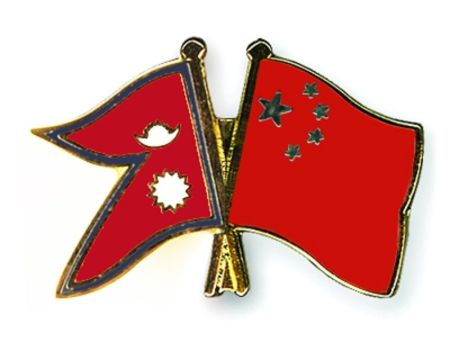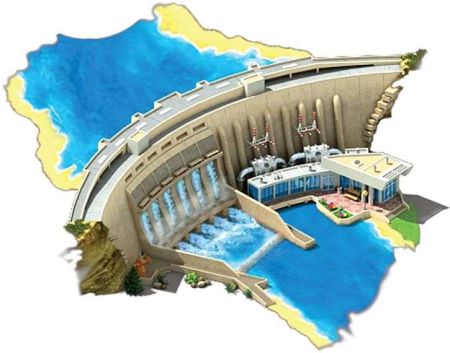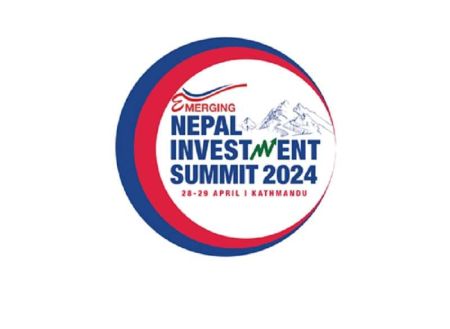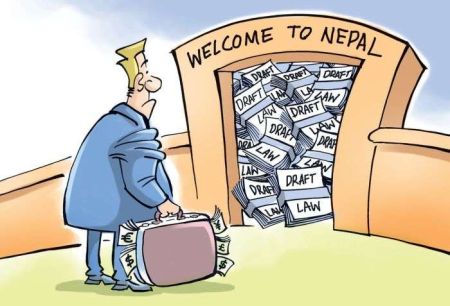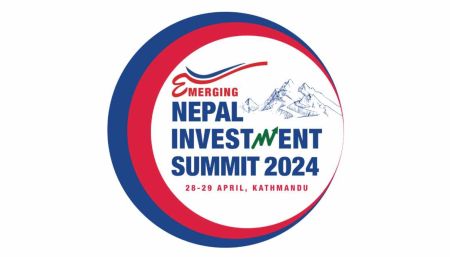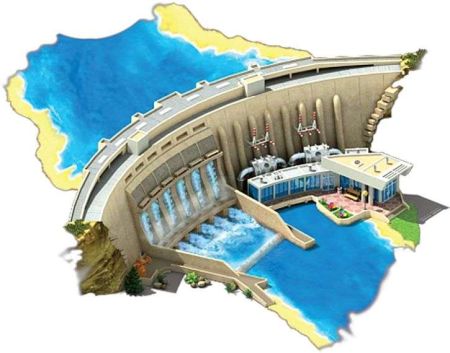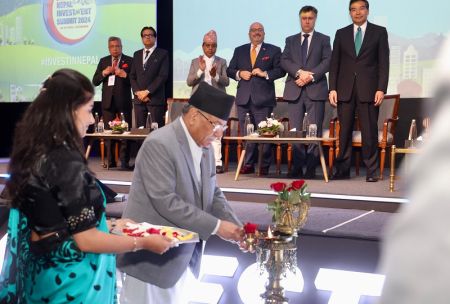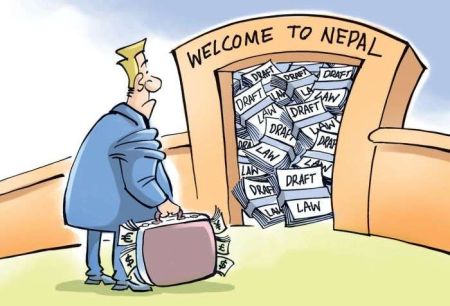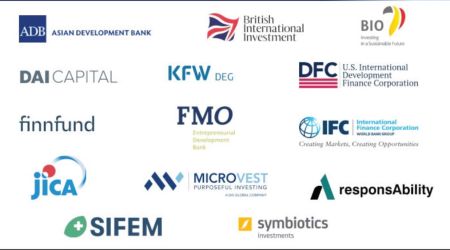
Chandra Kumar Ghimire
Joint Secretary
Ministry of Commerce and Supplies (now Consulate General of Nepal to Kolkata)
What are the major differences in WTO and RTA provisions? How do they affect intraregional trade?
WTO is a broader frame which is the legal basis for global trade arrangements and provides framework for the rule-based trading system of which RTA is an option. RTA's jurisdiction is area specific and has the involvement of likeminded countries which are similar in geographical, political or socio-economic aspects and enjoy certain proximity. The WTO's role is to provide the basis for legal framework and permit for RTAs.
RTAs are WTO plus meaning a regional economic arrangement is expected to commit more. The commitment is for the intent of opening the market more for increasing trade volume through freer, broader, deeper and wider trade.
How is WTO treating RTAs?
There are already 400 RTAs that have come into being and there are more being developed. There are two dimensions and arguments to it. On a scholastic level, the argument is whether RTAs complement or contradict the WTO. The ones who advocate that RTAs complement the WTO say that regional economic arrangements help freer, wider and deeper trade. But the people believing in the philosophy of the other extreme say that RTAs are fragmenting global markets. However, broadly speaking, WTO has allowed regional economic arrangements under its legal frame and I believe the WTO has treated the RTAs in a positive way.
There are a host of RTAs such as SAFTA, BIMSTEC, ASEAN, NAFTA etc and an RTA is supposed to supersede WTO provisions. If WTO is to dominate all other agreements, what is its relevance at the end of the day?
Let me first clarify that all RTAs are not effective, they are there as global ideas but not fully actualised. On a global level, WTO is supreme but it does not dominate other agreements by any means. RTAs do not have the mechanism for dispute settlements like the WTO does. The WTO is a mechanism which even drags a global power like the US to its tribunal and allows least developed countries (LDC) to have their say. Under WTO, the developing countries can also indulge in issue-based bargains with powerful countries which were not possible with RTAs without WTO's existence.
If RTAs were to exist in all parts of the globe, the idea of regional economic arrangements will truly complement the WTO. Otherwise, the idea will not really hold much ground. The RTAs must be able to bring themselves into complete effect so that they can fulfill the ultimate aims of WTO rather than challenging its dominance.
How do you view economic diplomacy in the context of enhanced trade relations between countries?
Ever since the world came into being in its present unipolar form, there has been a change in the way diplomacy is being practiced. Today's power struggle is for trade and to become a winner in the âgain and loss scenario, which has resulted in a shift from conventional political diplomacy to economic diplomacy. This big transformation has brought about changes in the bureaucracy of many countries. In Nepalâ's context, we have been talking about economic diplomacy since the early 1990s but we have not been able to practice it at the real level.
We do need political diplomacy with other countries, our immediate neighbour India for example, which is fundamental but the aim has to be for economic gains. In the present world order, we have to strive to gain by putting economic diplomacy into practice. The other countries in the region like Bangladesh and Sri Lanka have expanded their number of missions in different parts of the world exactly with this idea.
They have been marching ahead with economic diplomacy by looking at the markets in different countries of the world. Even though we have the same agenda in Nepal, we lack a comprehensive outlook and have not been able to identify our potential markets worldwide. Accordingly, we could have expanded our missions whereas we are still stuck with the same missions that we had established in the 1950s and 1960s.
We do not have a clear agenda even though of late, we have been able to identify countries where we could find a labour market. However, that's not sufficient because we need to tap opportunity and be able to pursue capital coordination. For this, we have to work in close coordination with ministries of economic content, the private sector and think tank institutions. India and China, our doorstep markets, are countries that are attractive for the entire world. On our part, we are leaving these arm-reach markets and looking elsewhere and therefore, ending up with virtually nothing. All the global powerhouses are targeting India and China for economic reasons and we should do the same. We should be able to shed the diplomatic legacy of the yore and start afresh.
Why is the trade in SAARC region more oriented towards international trade rather than trading within the region itself?
This is precisely the reason why we have not been able to gain from SAFTA. The idea that we had envisioned for the RTA a couple of decades ago has not materialised and that's why we see a country like India establishing relations with other RTAs, for example,
ASEAN. The potential in SAARC region has not been able to take shape and India is not ready to bide time in this age of fast-paced globalisation. We do generate and agree on good ideas in this region time and again but fail to give them shape because of our many conflicts as there is a serious lack of trust among SAARC countries. Besides, we have adopted policies in the past not to bring our internal disputes to the table which is another deterrent.
Is Nepal's bureaucratic level effort viable enough for trade enhancement without taking the private sector on board?
Trade enhancement is definitely not possible without the active participation of the private sector. The intensified level of interaction that should have been there between the private and the public sectors is seriously missing. Both the parties are responsible for this; they donate trust each other and often indulge in a blame game. We, the public sector, like to keep ourselves away from the private sector whereas we should be able to take them along. It is because we donate have a business friendly culture which has prevented us from partnering with the private sector in a substantial manner.
On the other hand, the private sector has not been able to develop the appetite that is required to gain competitiveness. The private sector is still busy looking for quotas and concessional rates on tariff etc and create a playing field for itself. Besides, there are times when we expect the private sector to raise its voice or advice but they convey political messages instead of giving technical details or feedback. In the bargain, we miss their indepth expertise that we so desire.
The private sector also lacks the preparedness that is required for public-private partnership (PPP). We do talk about PPP all the time, but it requires a certain level of discipline and pace which is definitely missing. Let me conclude by saying that we do have businessmen of high calibre in Nepal's private sector and one only hopes that the number of such businessmen is on the rise.






